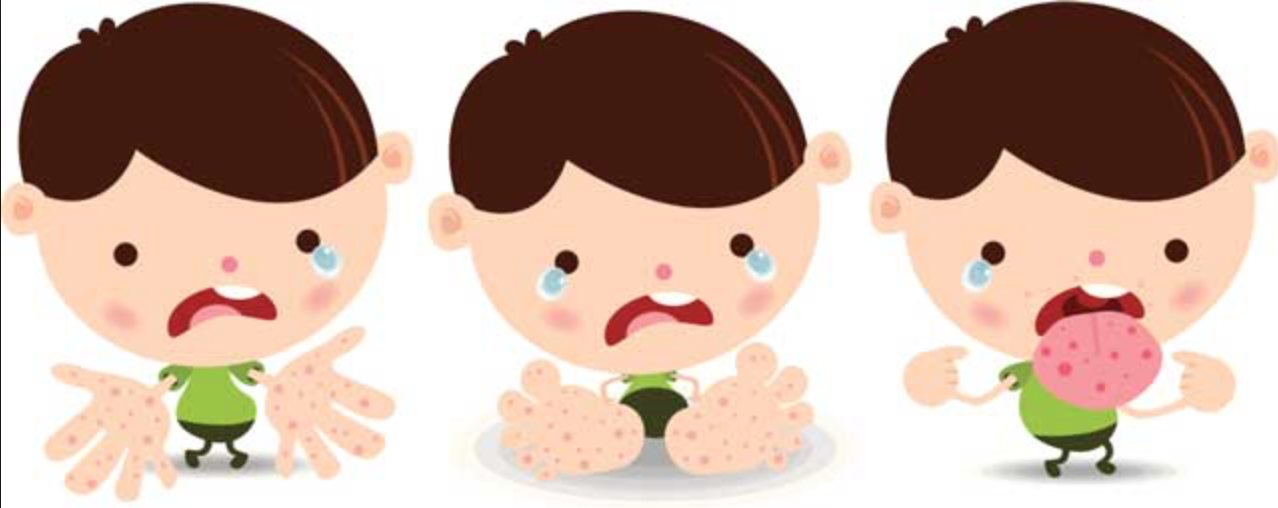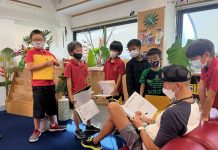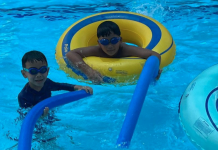Dear Parents,
Hand, Foot and Mouth disease
Hand, foot and mouth disease is a viral infection.
The virus can spread from an infected person via contact with the fluid in the blisters, by coughing and sneezing, by contact with faeces and by contact with contaminated objects or surfaces. A person will take 3-5 days to get symptoms and will be contagious whilst there is fluid in the blisters (the faeces can remain infectious for several weeks).
Symptoms
- fever
- tiredness
- loss of appetite
- blisters in the mouth and on the hands and feet
- a sore mouth for a few days before the ulcers or blisters appear.
Children may refuse to eat or drink due to the pain.
Diagnosis is usually made by clinical presentation.
Treatment
Usually none is required. Use of paracetamol/acetaminophen or ibuprofen for the fever and any discomfort may be indicated. Aspirin should not be given to children under 12 years of age.
The blisters should not be deliberately pierced or broken because the fluid within the blisters is infectious. The blisters will dry naturally.
If your child is diagnosed with Hand, Foot and Mouth Disease please notify the Health Clinic and they need to present a medical certificate to the Health Clinic stating they are fit to return to school and no longer contagious prior to going to class.
Prevention
- Exclude people with hand, foot and mouth disease from school until all blisters have dried.
- Wash hands with soap and water after toileting
- Cleaning and disinfecting frequently touched surfaces and soiled items, including toys with a diluted solution of chlorine-contained bleach (approximately ¼ cup of bleach with 1 gallon of water).
- Avoiding close contact such as kissing, hugging, or sharing eating utensils or cups with people with hand, foot, and mouth disease.
ISB is committed to your child’s overall development, both educationally and health related. Should you have any questions or concerns, please contact your healthcare provider or the ISB Health Clinic (nurse@isb.ac.th).





